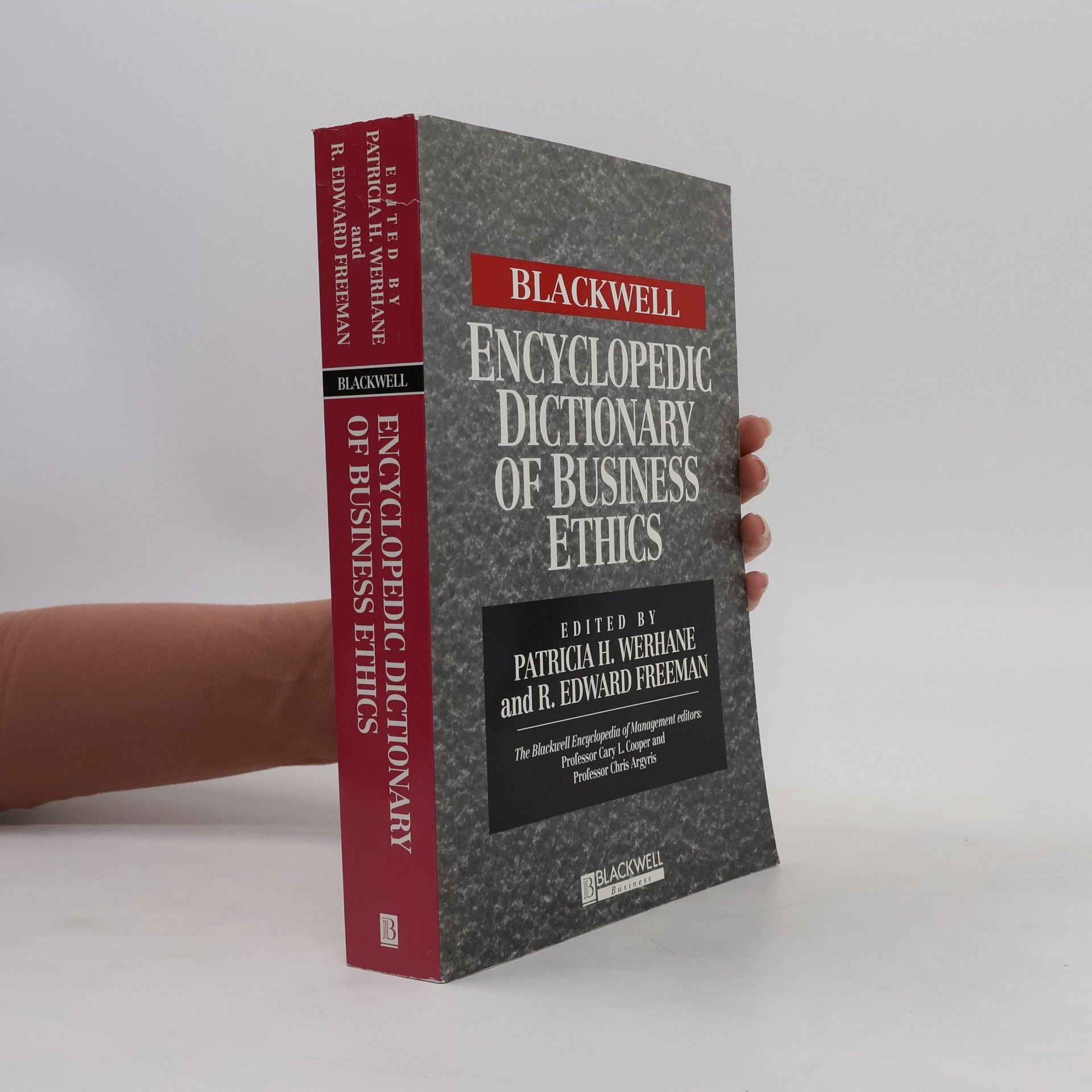The Power of And
- 208pagine
- 8 ore di lettura
The Power of And offers a new narrative about the nature of business, revealing the focus on responsibility and ethics that unites today's most influential ideas and companies. R. Edward Freeman, Kirsten E. Martin, and Bidhan L. Parmar detail an emerging business model built on five key concepts.

